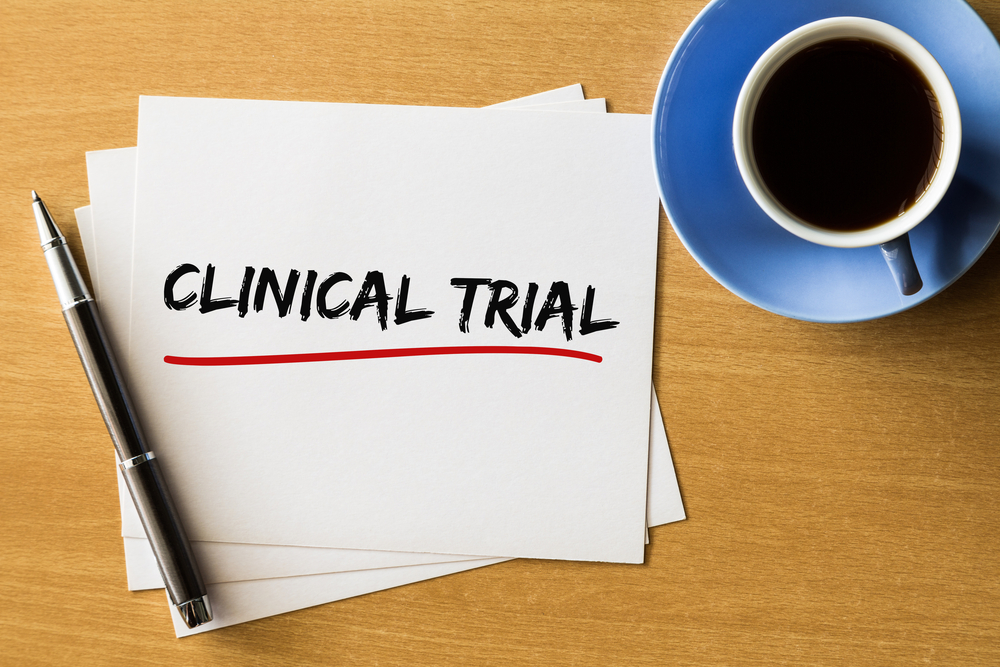Sarclisa Triple Combo Prolongs Life Without Disease Progression in Some Myeloma Patients, Interim Data Show

A combination of Sarclisa (isatuximab) plus standard Kyprolis (carfilzomib) and dexamethasone treatment significantly delays disease progression or death in people with relapsed or refractory multiple myeloma, interim results from a Phase 3 clinical trial suggest.
The findings were shared at the European Hematology Association (EHA) 2020 Virtual Congress, in a presentation titled, “Isatuximab plus carfilzomib and dexamethasone vs carfilzomib and dexamethasone in relapsed/refractory multiple myeloma (IKEMA): interim analysis of a Phase 3, randomized, open-label study.”
Sarclisa, developed by Sanofi, is a monoclonal antibody that targets CD38, a protein receptor found on most multiple myeloma cells. By targeting CD38, Sarclisa can kill those cells through multiple different mechanisms.
Sarclisa was approved recently in the U.S. and European Union as part of a triple combination containing Pomalyst (pomalidomide) and dexamethasone. Both approvals are for relapsed or refractory myeloma patients who have tried at least two prior lines of therapy.
The new results come from the ongoing IKEMA Phase 3 trial (NCT03275285), sponsored by Sanofi, which is testing another Sarclisa-based triple combination.
Like the approved combo, this combination includes the corticosteroid dexamethasone. But instead of having the immunomodulatory agent Pomalyst as its third element, it includes the proteasome inhibitor Kyprolis. This approved myeloma therapy works by blocking the protein-recycling machinery in cells, which is especially toxic to fast-growing cancer cells.
IKEMA involved 302 people with relapsed or refractory myeloma, median age 64 years, who had received from one to three previous lines of treatment. All were assigned randomly to one of two treatment arms: 123 were treated with only Kyprolis and dexamethasone (the control group); 179 were given Sarclisa in addition to Kyprolis and dexamethasone.
The trial’s main goal is to determine whether Sarclisa extends progression-free survival (PFS), which is the time a person remains alive and during which there is no disease progression (no cancer growth).
With a median follow-up time of 20.7 months, the median PFS in the control group was 19.15 months. The median PFS for the Sarclisa group, however, had not been reached, meaning that more than half the participants were still alive and free from progression.
Statistically, participants given Sarclisa were about half as likely to experience disease progression or death than those on Kyprolis and dexamethasone only. The benefit to PFS was consistently significant across multiple subgroups analyzed. It was similar to that seen with the Sarclisa-Pomalyst-dexamethasone combo, which reduced risk of death or disease progression by 40%.
Overall response rates were similar in both treatment groups (86.6% for Sarclisa vs. 82.9% for the control group), but the percentage of participants with a response that was deemed “very good” or better was significantly higher in the Sarclisa group (72.6%), compared with 56.1% for those receiving standard treatment.
Additionally, more of those given Sarclisa had no minimal residual disease (29.6% versus 13.0%), meaning they had no evidence of the small number of cancer cells that sometimes remain after treatment and are missed with common lab exams.
At the time of the analysis, 17.3% of patients on Sarclisa and 20.3% of those in the control group had died, but the data was not yet mature enough to draw conclusions regarding Sarclisa’s effects on overall survival.
To date, 52% of participants in the Sarclisa group and 30.9% of those in the Kyprolis and dexamethasone group are still receiving treatment. The most common reasons for discontinuation were disease progression (29.1% versus 39.8%) and adverse events (8.4% versus 13.8%).
Rates of treatment-associated serious adverse events (side effects) were similar in both groups (59.3% versus 57.4%), as were rates of fatal treatment-associated adverse events (3.4% versus 3.3%). Of note, 45.8% of participants on Sarclisa experienced infusion reactions (compared to 3.3% of the control group). These reactions were mostly mild and present only at early infusions.
No new safety concerns were detected in this study.
Researchers wrote that the addition of Sarclisa to Kyprolis and dexamethasone “provided a superior, statistically significant improvement in PFS with clinically meaningful improvement in depth of response,” they wrote.
The combination “was well tolerated with manageable safety and a favorable benefit-risk profile, and represents a possible new standard of care treatment in [patients] with relapsed [multiple myeloma],” they concluded.






